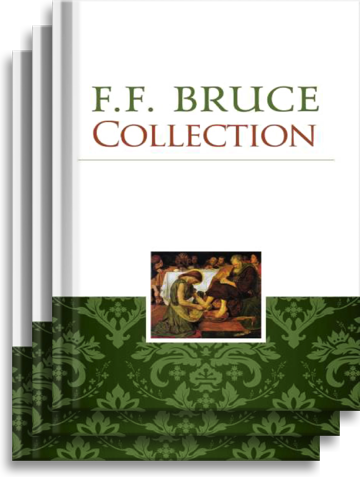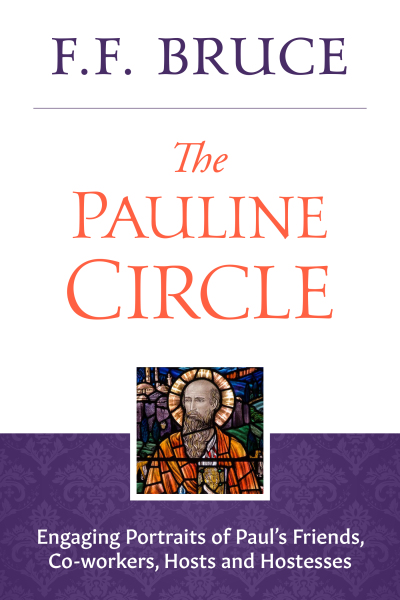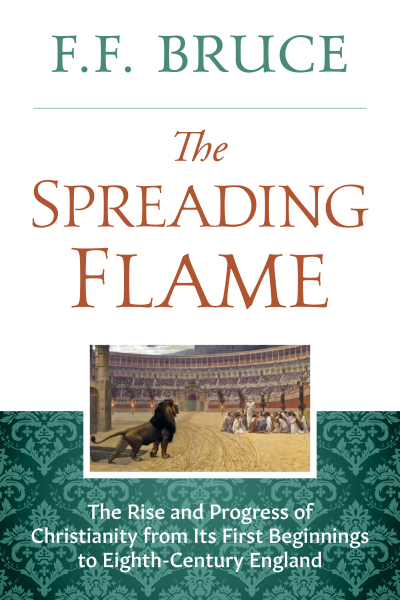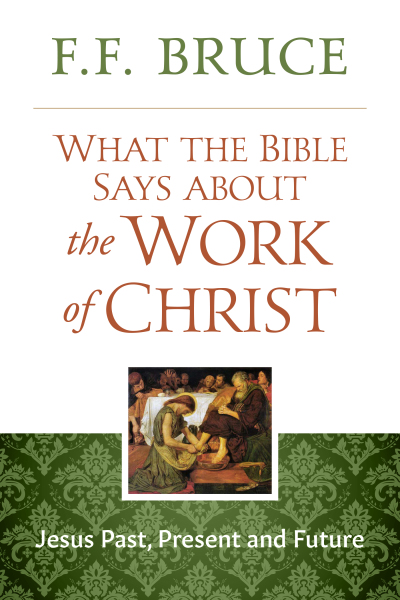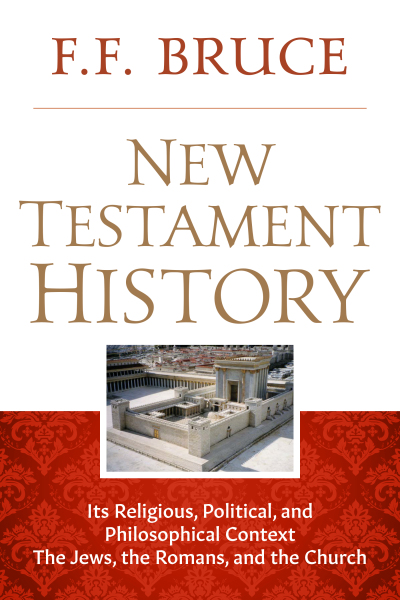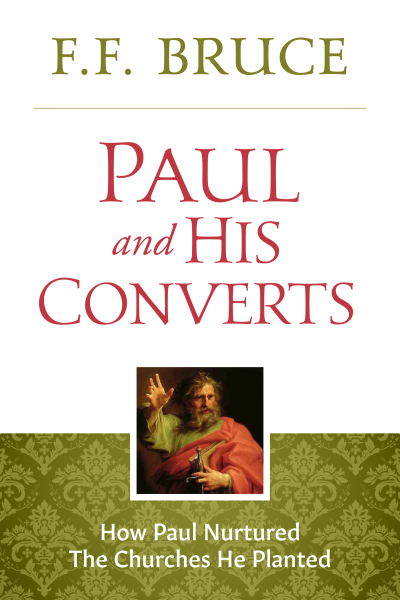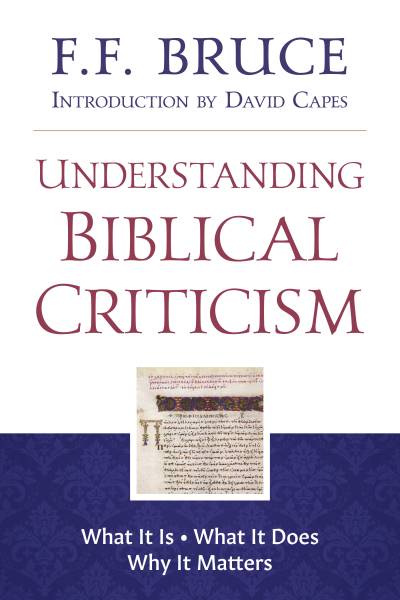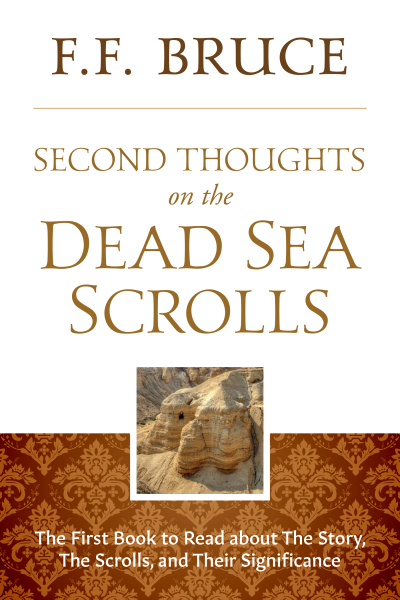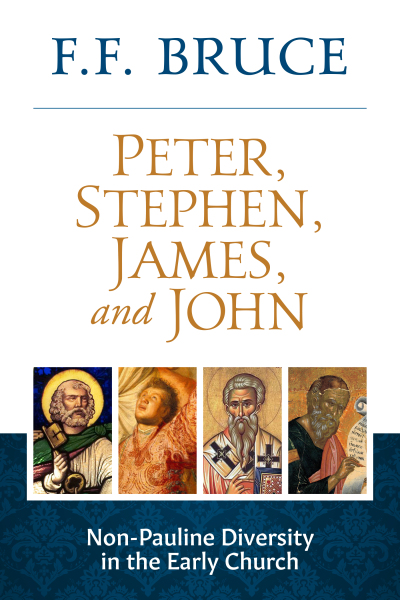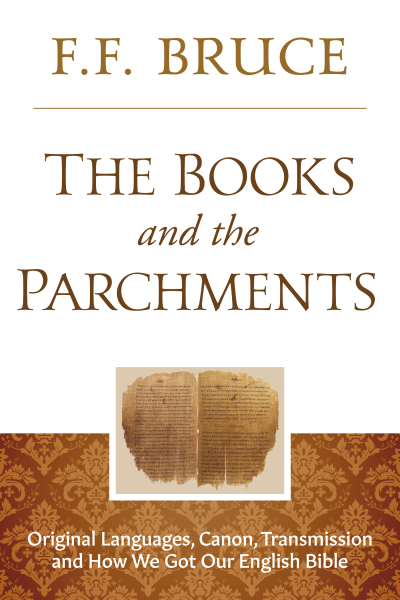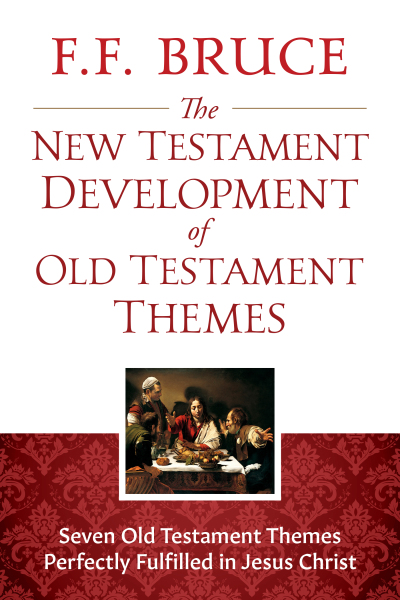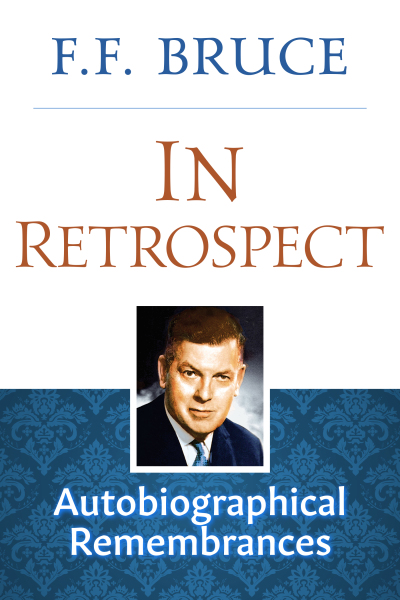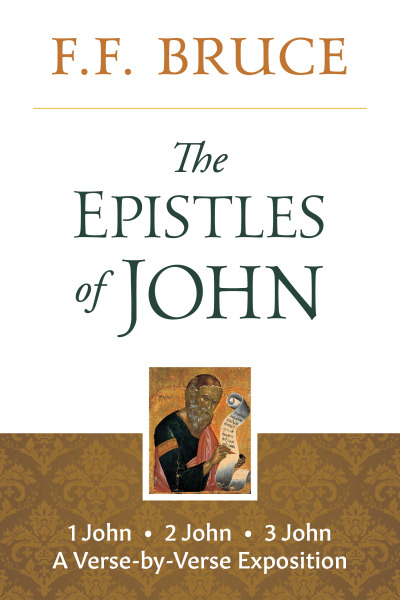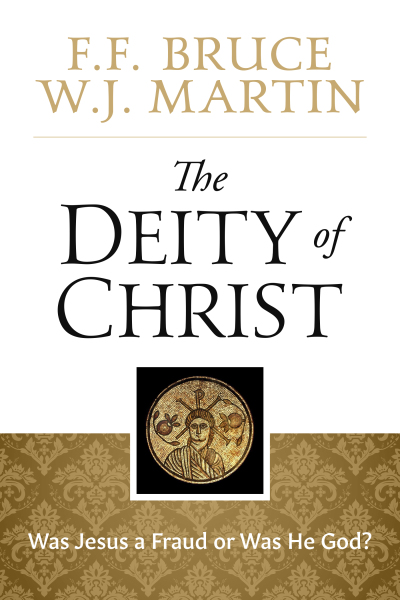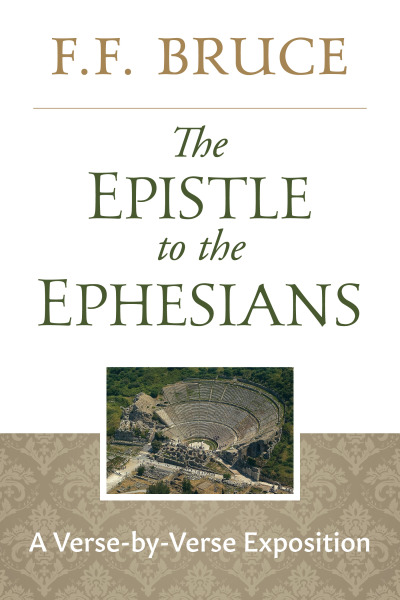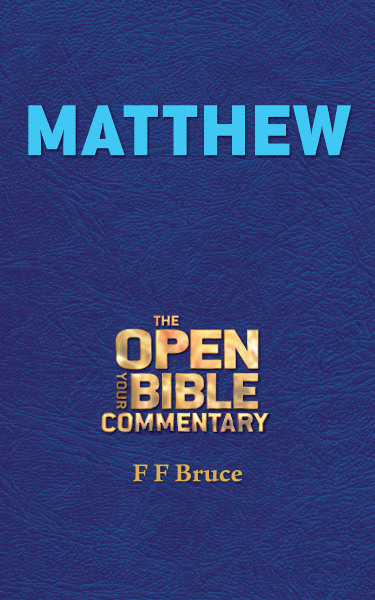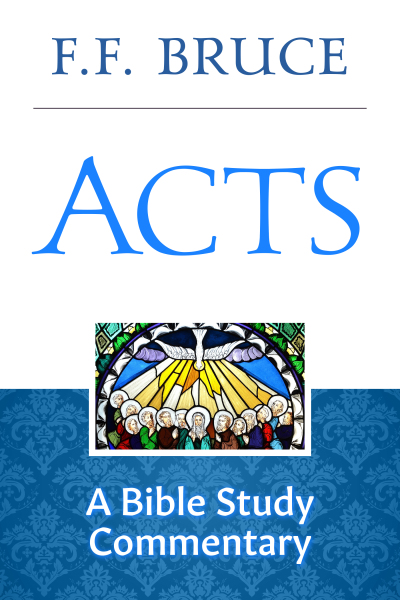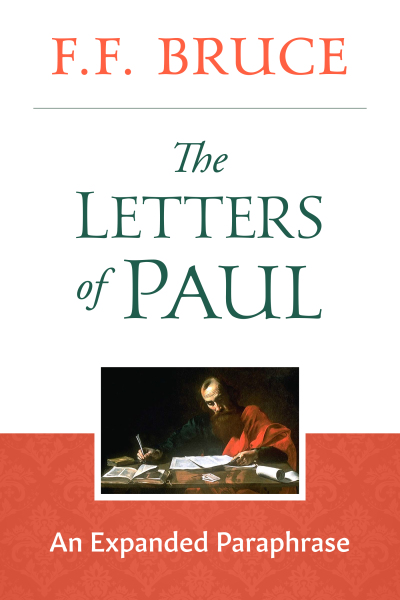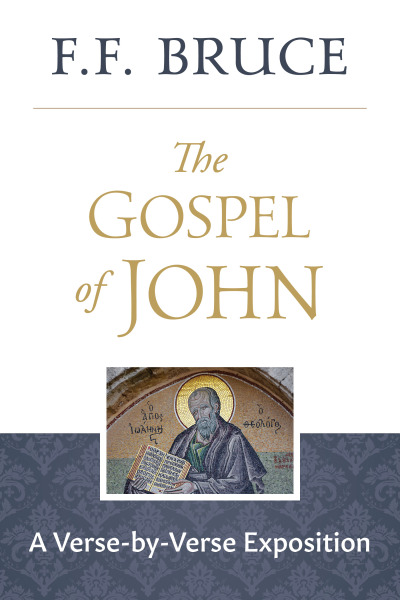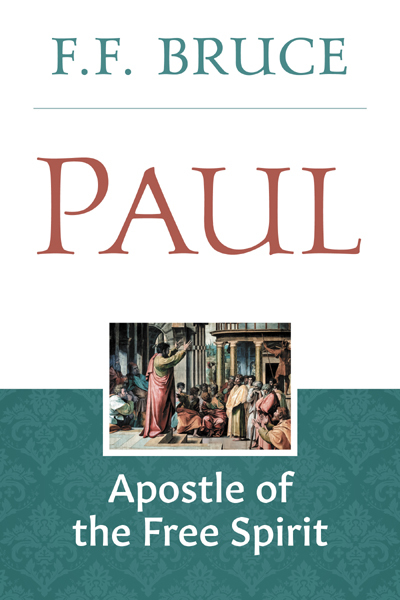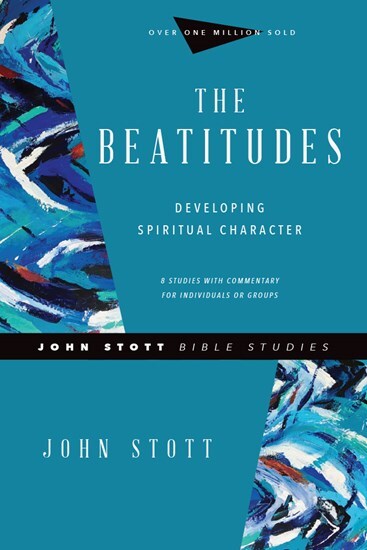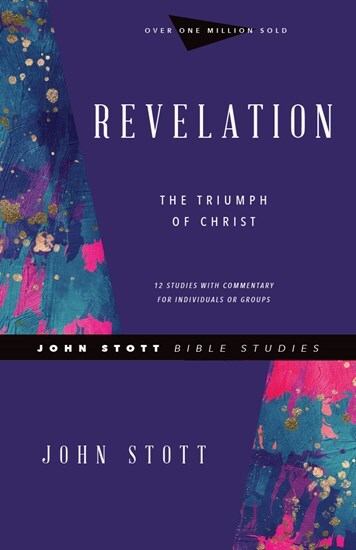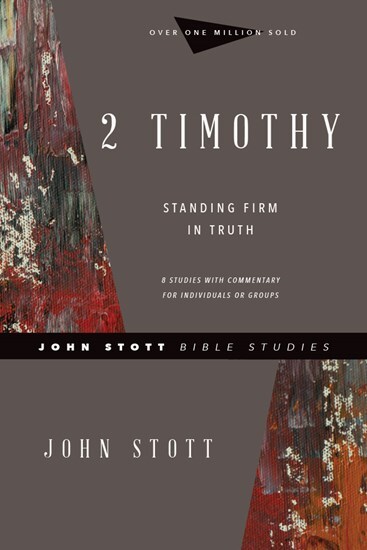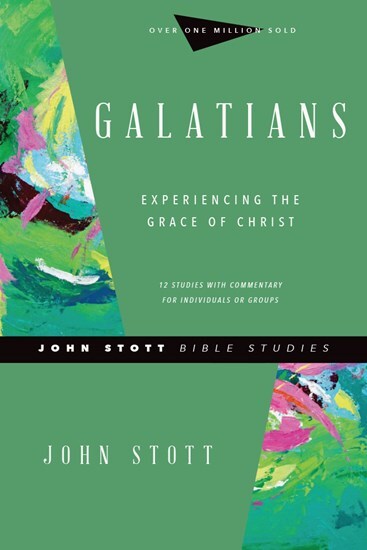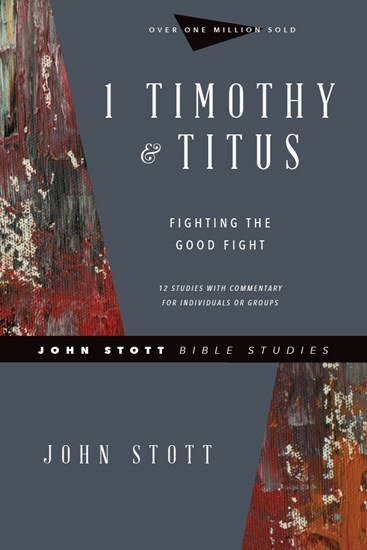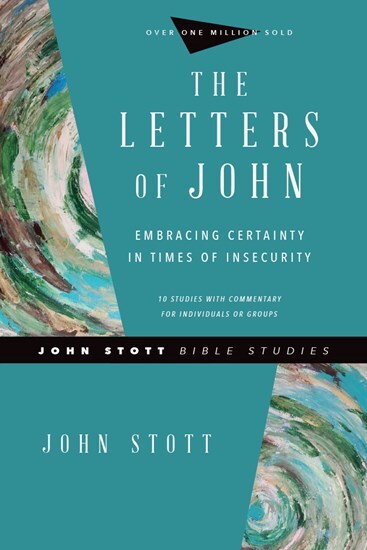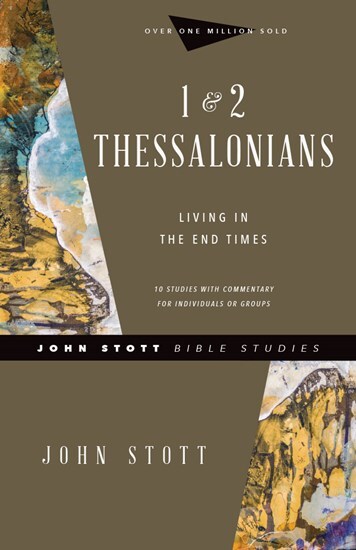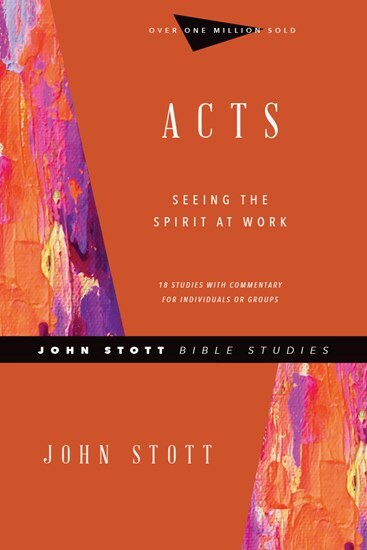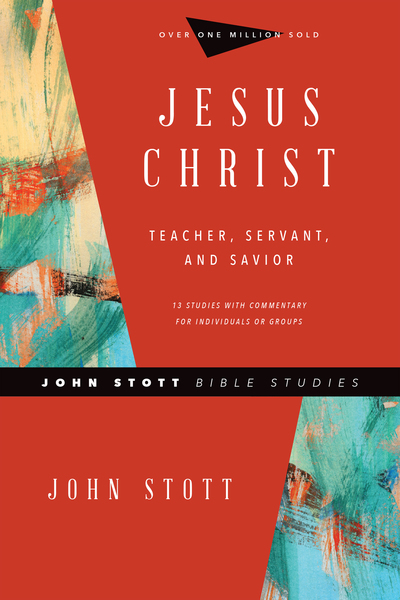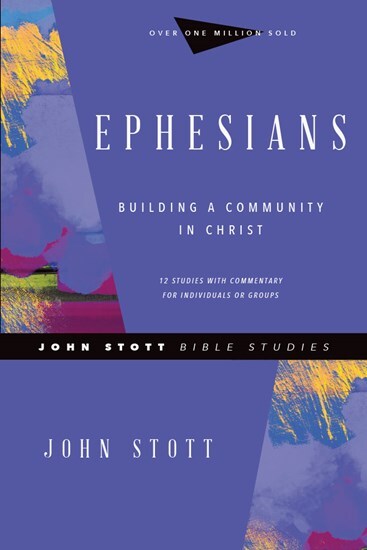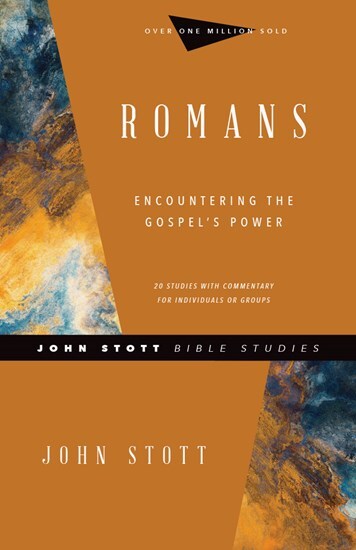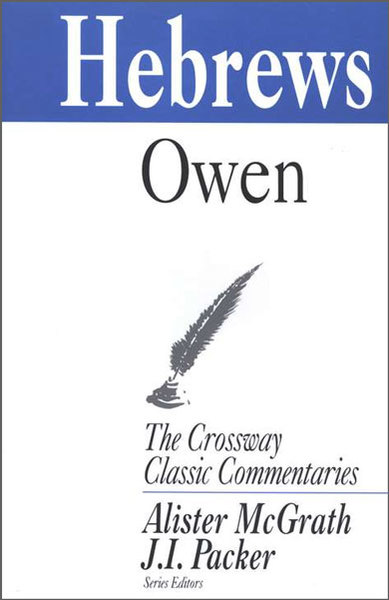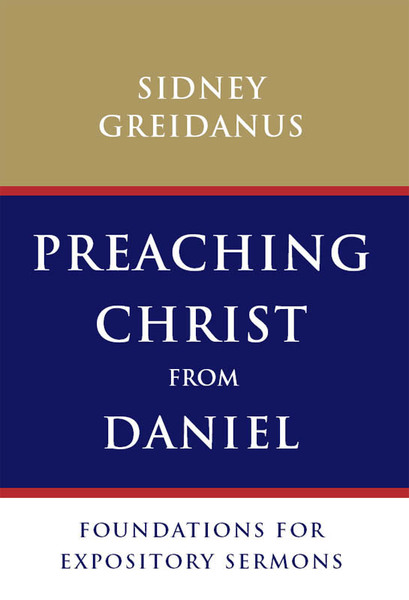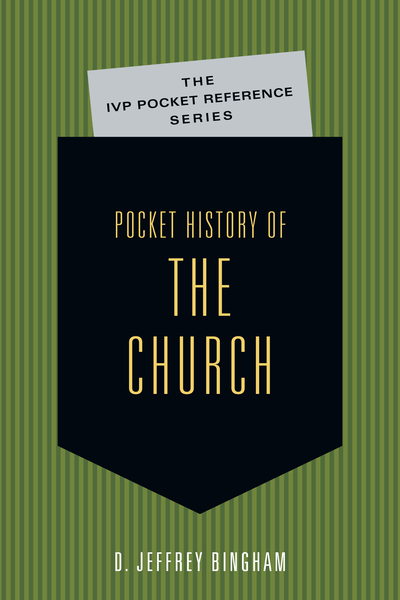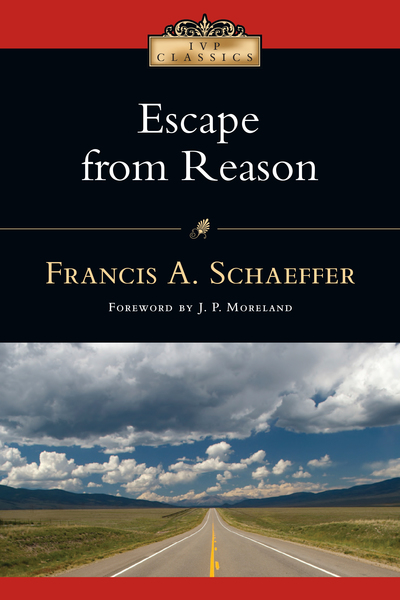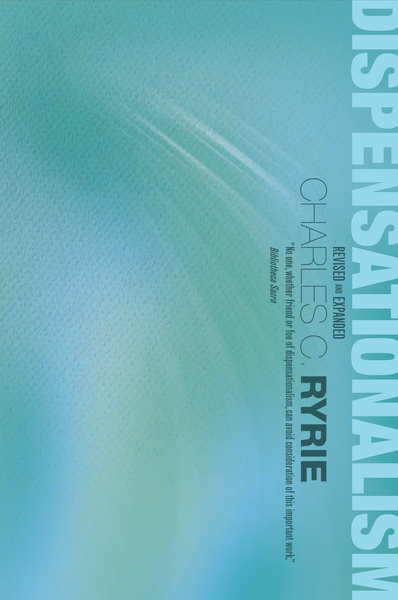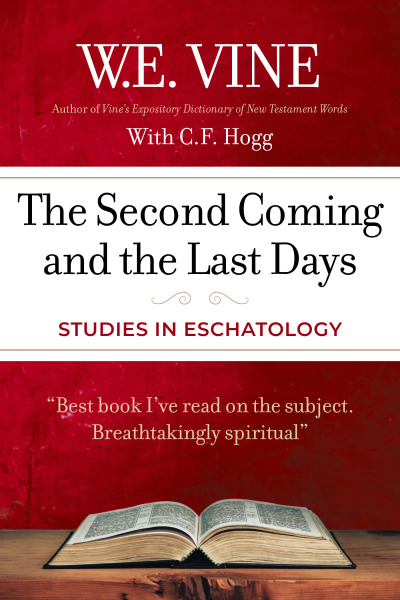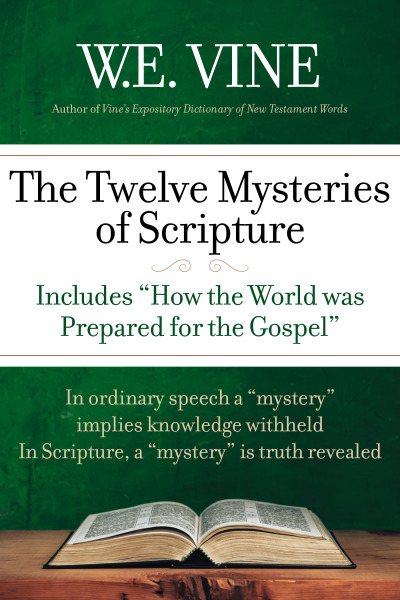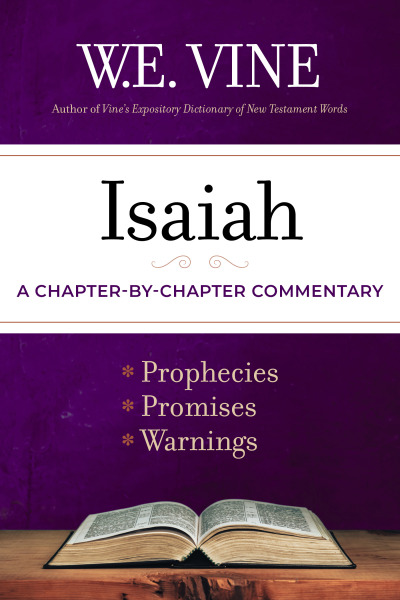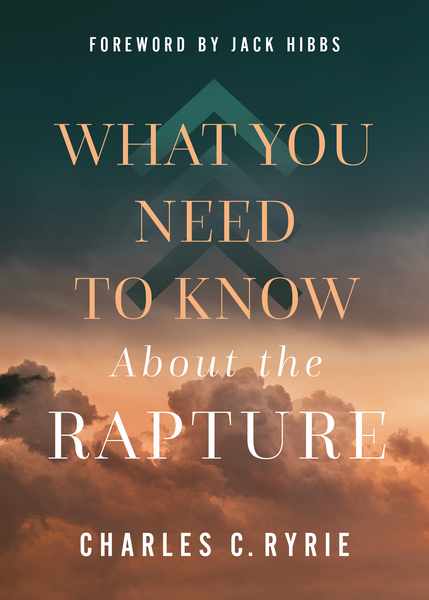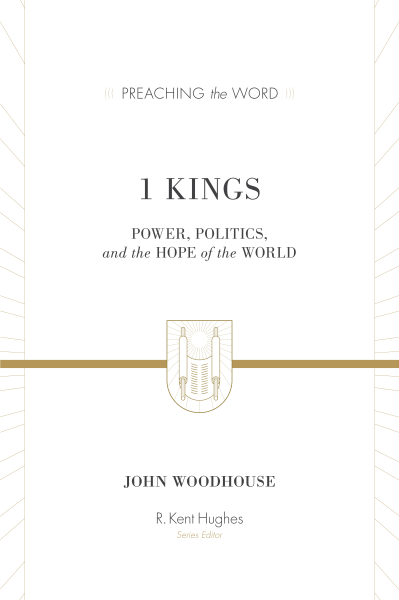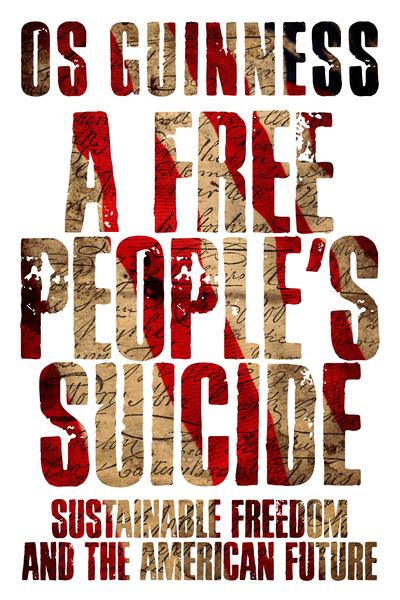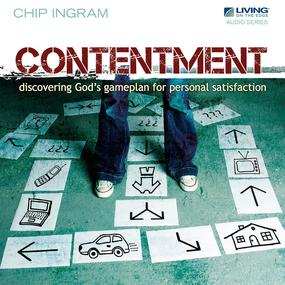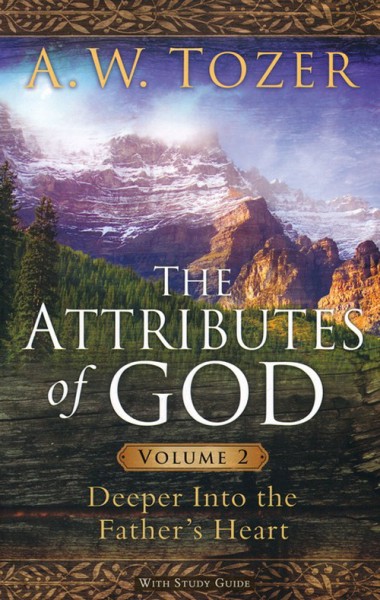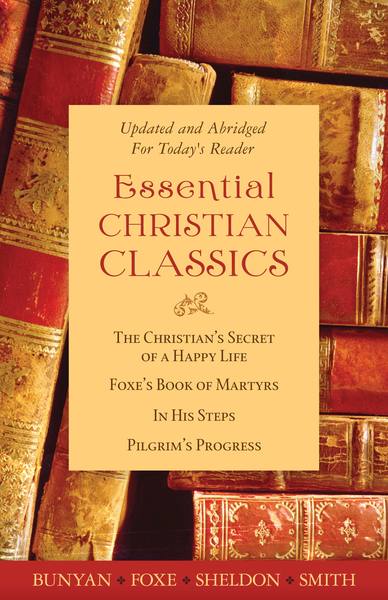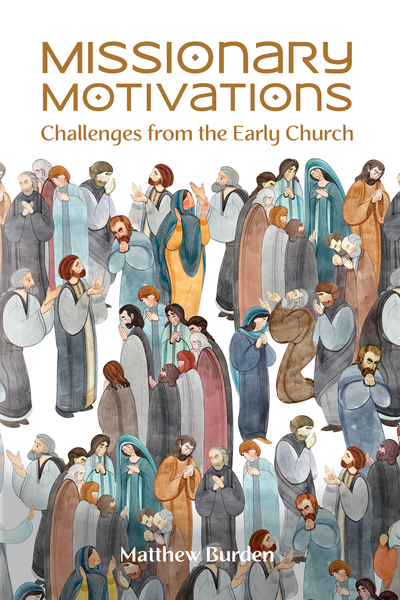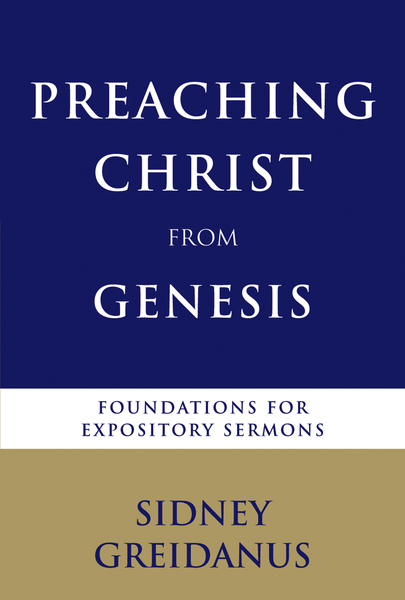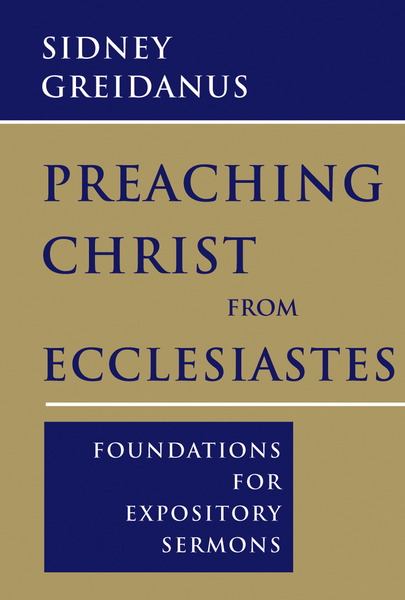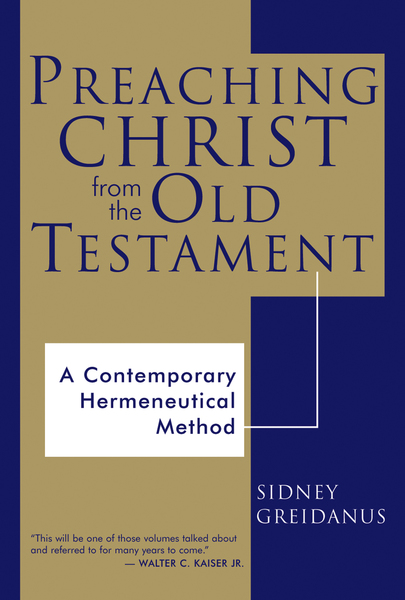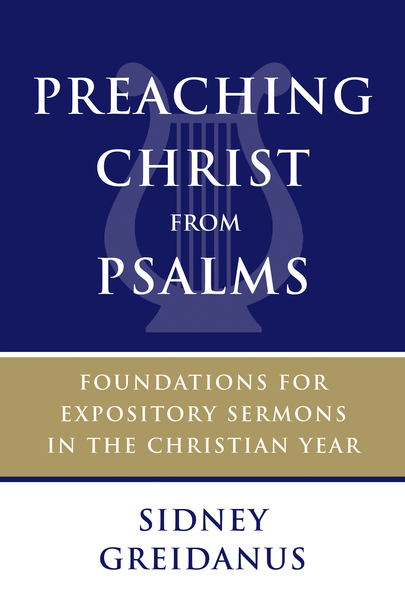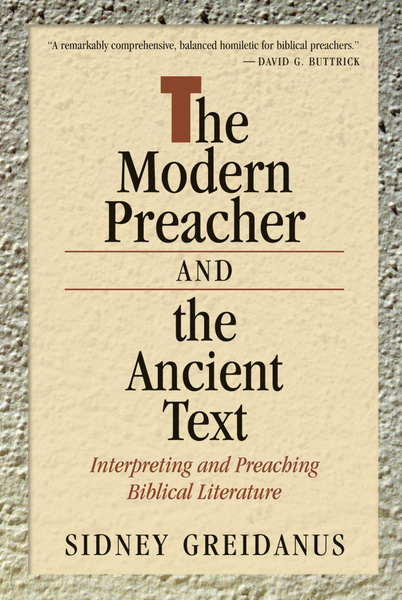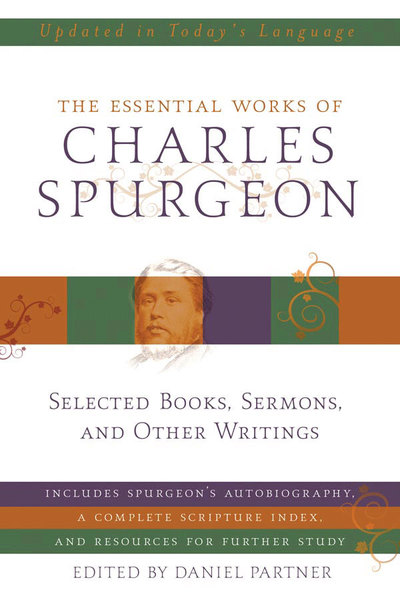

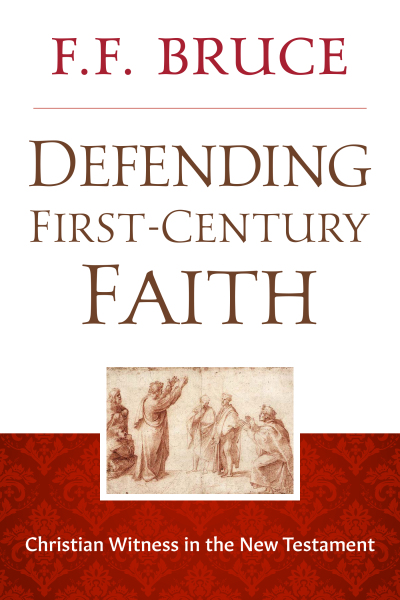
Defending First-Century Faith

Defending First-Century Faith
What is the gospel? And how was it first preached — and defended?
As they eagerly told the world about Jesus Christ, early Christians met with many forms of opposition: religious opposition (from the Jews), cultural opposition (from paganism), political opposition (from the Roman empire), and philosophical opposition (from "Christian deviations" such as legalism, Gnosticism, and Docetism). In Defending First-Century Faith F.F. Bruce shows how early Christians responded to each type of opposition.
Not accommodating themselves to the worldviews they encountered, early believers regarded prophecy and miracles as "the strongest evidences for the truth of the gospel," says the author, although "Today they are more often felt to be an embarrassment." Bruce challenges contemporary believers "to inculcate a new awareness of the authority of the Scriptures as God’s Word written, and a new awareness of the power of God at work in the world which he created."
"Factual, fresh and inspiring . . . by the most outstanding evangelical scholar in Britain." – The Christian Herald
F.F. Bruce (1910-1990), known as the dean of evangelical scholarship, had a passion for proclaiming the Bible as God’s guide for our lives. He was Rylands Professor of Biblical Criticism and Exegesis at the University of Manchester in England. A prolific writer, his commentary volumes and other works are considered classics. His work New Testament Documents: Are They Reliable was selected by Christianity Today as one of the top 50 books of all time which shaped evangelicals. Bruce combined an immense contribution to evangelical scholarship with a passion for proclaiming the Bible as God’s guide for our lives. He used his great knowledge to explain the Bible simply and clearly.
